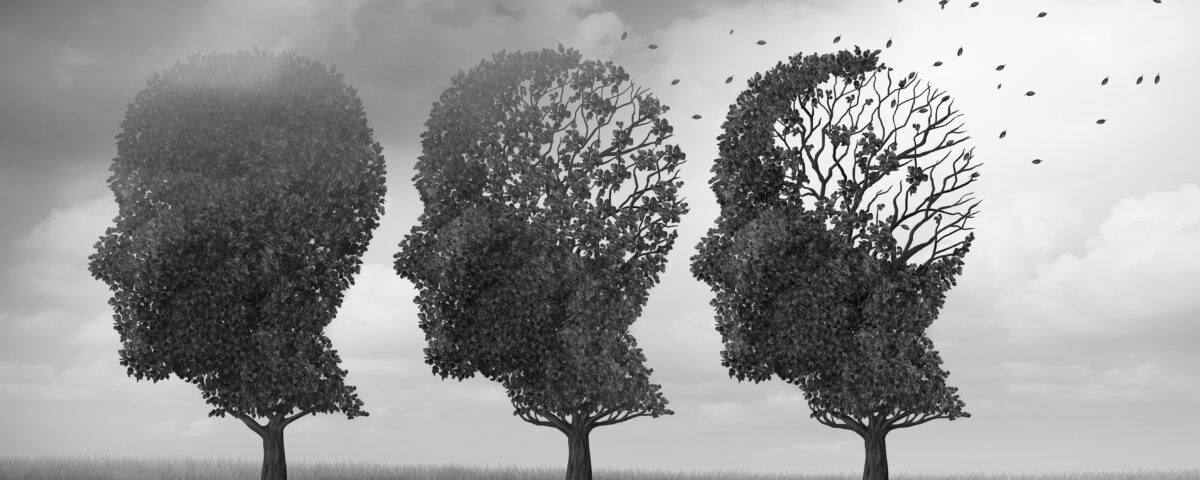
Warning: Heart Attack! Signs, symptoms, and what to do.
December 18, 2024
What’s the Difference Between MRI and X-ray?
December 18, 2024A dementia diagnosis can be devastating, impacting everyone in the patient’s life. You need to grieve for the changes that will occur in your loved one and this grieving process will look different for everyone. But you don’t have to feel useless, there are many ways you can support your loved one and yourself.
If someone close to you has Alzheimer’s or another type of dementia, these are some steps you can take to help cope with the disease.
Help patients do what they can
If you will be directly caring for your loved one, make sure they have made directive documents (which spell out your medical wishes), living wills, and long-term care plans early. It will be hard to do now, but it will ease things down the road.
If possible, help your loved one plan how they want the next few years to unfold including any trips they’d like to make and experiences they’d like to have. This process can be empowering for your loved one and help build a road map for you to follow.
Get educated

The more information and help you have, the easier it will be to help your loved one stay healthy and safe. Patients should be in close contact with their physicians, social workers, therapists, and any other professionals the doctor recommends. Be involved to the level that your loved one has arranged. Don’t hesitate to ask professionals questions and to ask them for high quality sources of information.
There are also free community services that you or your loved one may find helpful. Look for support groups at your local Alzheimer’s Association chapter, university legal clinics, and hospital advocacy services.
Stay engaged
It’s common for both you and your loved one to feel sad after a dementia diagnosis. But don’t hole up or hold the grief in. Make sure your loved one is spending time with people they love and doing activities they enjoy such as their favorite hobby and attending community events. If you or your loved one is feeling hopeless, seek professional help. It is OK and normal to need to talk to someone.
Take care of yourself
Caring for a loved one can be draining. Never feel guilty for needing a break, needing help, or feeling lost. Take extra care of yourself, whether that’s taking a day off just to relax, asking friends for extra support and love, or starting a new practice such as meditation or yoga.
Know what to expect
As dementia worsens, personality changes and even outbursts can become common. Remember that your loved one is ill and their behavior isn’t personal or even on purpose. Being forceful or loud doesn’t help your loved one or you. Ask someone to help when you feel your patience run thin and help others understand your loved one’s behavior.
It’s also best practice not to talk around your loved one as though they aren’t there. Even in the late stages of dementia, a patient usually knows someone is talking about them and they can feel irritated or even paranoid.
Celebrate your loved one’s life

Reminisce on good memories, pull out photo albums or play some of your loved one’s favorite music. Even as the disease progresses, you may be surprised by how much your loved one remembers, and celebrating their accomplishments and the things they love strengthens the bond between you and them.
There will be ups and downs, but your loved one has a lot of living to do. Embrace the good days and cherish the relationship between you and your loved one.



